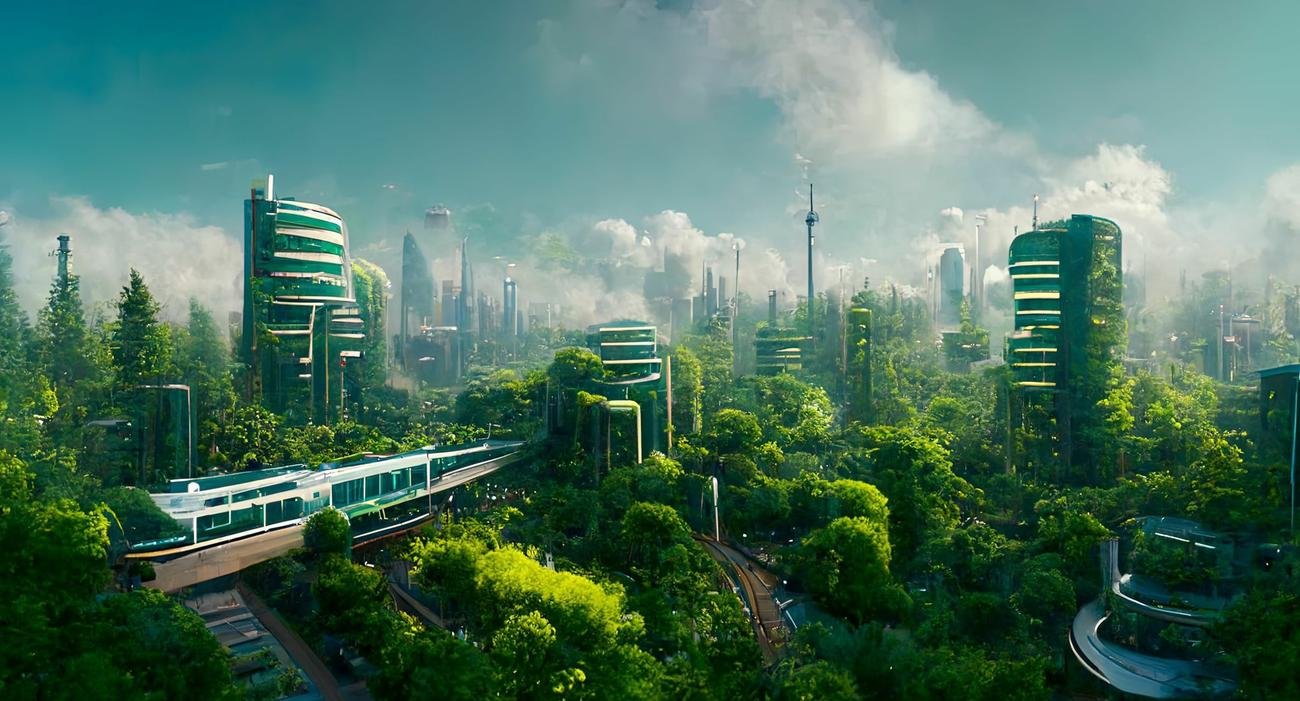There city Would it become a necessary evil? Disappointment between the French and the city has never been stronger since the health crisis, which revealed all the flaws of urban life at a time when we can no longer enjoy any of its advantages. Of course, the initial great aspirations for the countryside have not been realized in most cases, but dissatisfaction is growing. To find out for sure, the self-described “urban designer” group Quartus commissioned a qualitative study of 1,500 people from BETC last December to assess this frustration and envision ways forward.
“We wanted to launch this study at this rich and special moment. underlines Emmanuel Launiau, chairman of the Quartus group. We were emerging from the Covid crisis, the ecological challenge was becoming a reality for everyone, and the economic crisis was looming. “This is a pivotal moment when we need information, often stigmatized or caricatured, to help us do our job in a city that no longer inspires dreams.” And the study kept its promises, confirming certain intuitions or well-established pathways but also bringing real surprises.
Beautiful buildings reserved for the rich
In particular, we learn that 76% of the participants fear that the city will become suffocating due to global warming, or that 67% of the French people express themselves as concerned about ecology. Worse still, the city is seen as a place that deepens inequalities, especially through real estate prices. At least 80% of those surveyed believe that beautiful buildings are reserved for the rich. As for living together, it too suffers severely: the French readily admit that the less they see of their neighbours, the better off they are. They are as follows: 72% see anonymity as a good thing and describe it as a form of freedom.
“Despite all these negativities and this rejection, this work is also a call to differentiate the city and make it a city that responds to current problems. believes Christine Leconte, President of the National Council of the Union of Architects. We must find meaning in the city, place architectural quality in density, and rediscover what common space is. There is undoubtedly something to do in the garden, which 70% of participants are ready to share. There may be an opportunity to bring more diverse housing types back to our cities, with attached houses, pedestrian pathways, terraces and especially stacked gardens. “There is no city of the future, we just need to find the future of the city.” emphasizes.
“The overall building stock in the city far outweighs the flow of new construction. recalls architect and urban planner Alexandre Chemetoff, Therefore, the city of tomorrow will be very similar to the city we live in now. These neighborhoods, where architecture and urban planning were poorly implemented and where neither livable nor enviable housing was created, spoiled the image of the city. “We need to find a settled architecture by creating pieces of the city and putting housing quality back at the center.”
Cocoon and health
Because if the city is now perceived as a hostile environment, housing is more of a cocoon than ever before. A place that protects us, where we can work remotely, and where we want to personalize. “This study confirmed the need for the French to reconnect with nature, including the green spaces of their homes. Emmanuel Launiau, president of Quartus, explains. This is the first time they have publicly stated that they are prepared to reduce their interior surface area to provide more green space outdoors. “But the biggest surprise is about the French’s expectations for healthier housing.” In fact, 70% of them are increasingly concerned about the impact their housing is having on their health. A powerful lesson that will push the developer to start construction next year of a “demonstration” that will preview what a healthy living environment could be, based on expert advice.
On the other hand, it is certain that Quartus will focus less on the common areas that are currently on the rise (reception kitchen, shared apartment bookable for passing guests, common room, etc.) in the future. The French clearly do not want a garden other than a garden: only 11% dream of a co-working space or a guest room in their shared property. There is also no point in betting too much on ways of using housing that will eliminate property ownership: the study confirms the complete adherence of the French, including young people, to traditional ownership.


